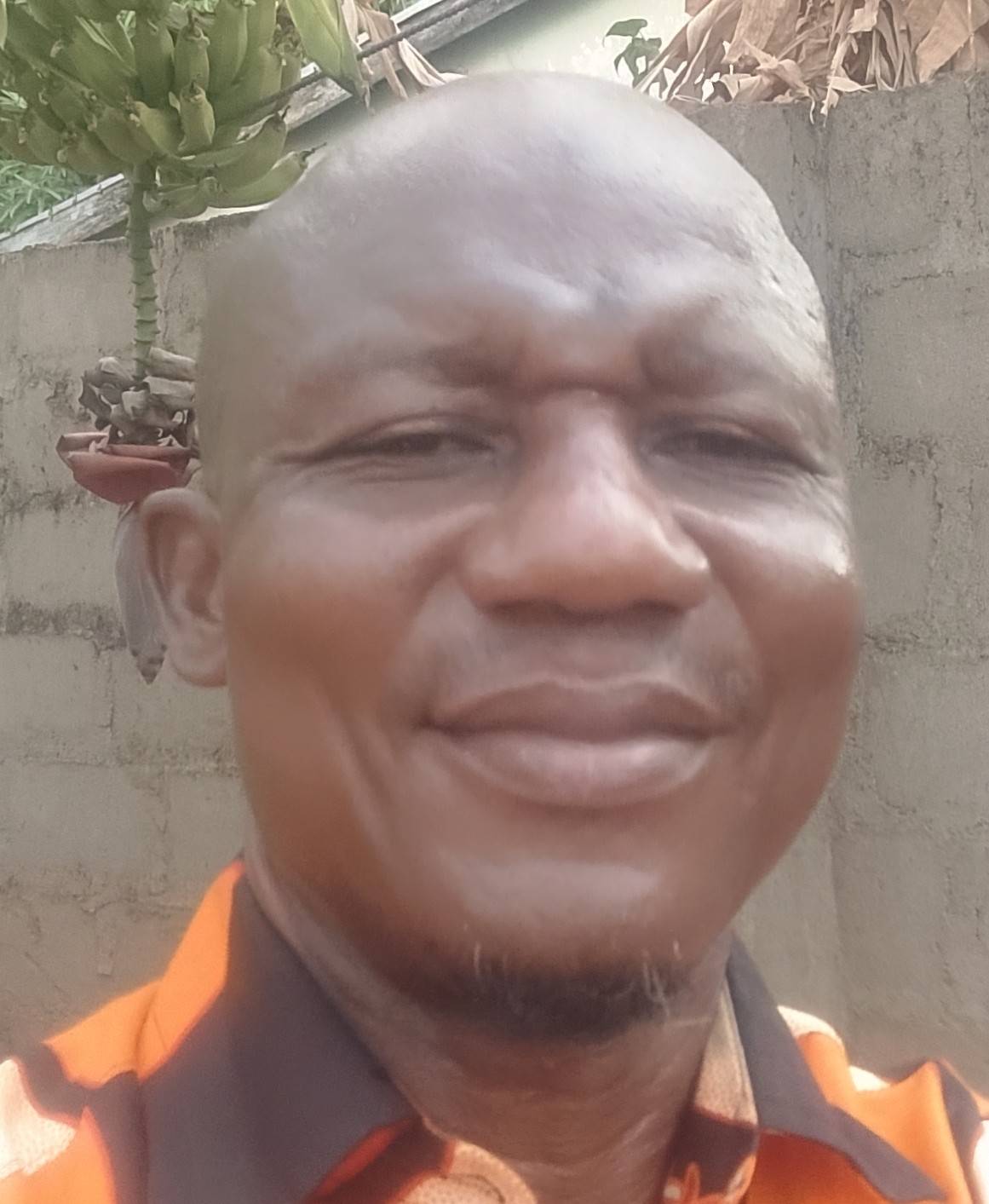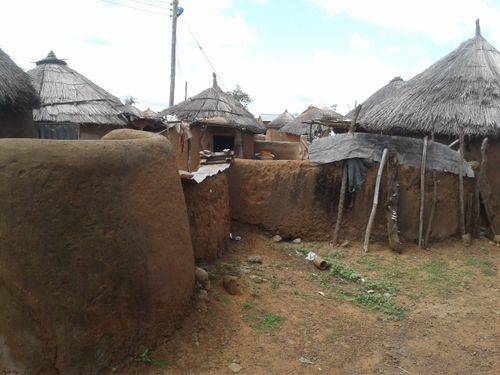Dissolving Witch Camps in Africa: A Conflict 'Between 'Law' and 'Culture'
Accusations of witchcraft in parts of sub-Saharan Africa, particularly Ghana and other West African countries, have led to the establishment of "witch camps" – sanctuaries where individuals, predominantly elderly women, accused of witchcraft are exiled to live in isolation. They are inextricably intertwined within local cultural beliefs but have also been at the center of a increasingly tense conflict between human rights and cultural traditions, with the law stepping in to challenge these practices ever more. It has prompted key questions regarding the balance between culture and law, as well as how to best protect vulnerable individuals while also honoring local traditions.
The Emergence of Witch Camps
Witch camps have existed in some African cultures for centuries. They are refuges for individuals, predominantly elderly women, who are accused of witchcraft. These women, who are normally scapegoats whenever a tragedy such as crop failure, illness, or death occurs in the community, are ostracized from society and compelled to reside in the witch camps, where they live in seclusion from the rest of society. The charges can be driven by a variety of social tensions, from household conflicts to interpersonal rivalries. In nearly all situations, witchcraft accusations are used to explain misfortune in a community, and the accused are blamed for having inflicted harm through supernatural forces.
The camps are a typical characteristic in Ghana's rural settings, such as the northern parts of the country, where beliefs in witchcraft are most evident. The residents in the camps live in poor conditions without benefiting from basic services such as clean water, health, and education. In some instances, alleged witches have been victims of violence, sexual attacks, and forced imprisonment.
The Role of Law in Addressing Witch Camps
The practice of imprisoning the supposed witches has caused grave concern both in Ghana and the international world. Human rights activists hold the opinion that the camps are a violation of the basic rights of human beings, particularly women, who undergo social stigmatization and physical abuse. The government of Ghana in recent years has made efforts to disband such camps and re-integrate suspected persons into society. The judicial system, though, is strained to deal with the matter due to the degree to which the belief in witchcraft is rooted in many of the country's cultures.
Parliament in Ghana in 2023 introduced a bill to illegalize witchcraft accusations and disband the witch camps. The bill focused on preventing the ostracization or violence against individuals who were accused of witchcraft, and the protection of the accused in a court of law. The bill also provided for the reintegration of the accused into society, with care and protection being provided to them. Despite this progress, as of late 2023, Ghanaian President Akufo-Addo declined to assent the bill into law, citing concerns about constitutionality and the need for further consultation. This decision highlighted the complex interaction between legal frameworks and cultural beliefs, and the challenge the state faces in balancing the competing imperatives of preserving cultural beliefs and protecting human rights.
Cultural Resistance to Legal Reforms
The suggestion of legal reforms to dismantle the witch camps has been met with resistance in some of the communities where belief in witchcraft is common. To many, such beliefs do not represent sheer superstitions but are very much a part of the cultural identity, shaping people's explanations of misfortune and illness. For instance, in the majority of rural societies, witchcraft is held responsible for unexplained events, and elders or religious leaders have a significant influence in their interpretation. The witch camps can therefore be seen as a way of protecting communities from what is perceived as the threat of suspected witches, especially since accusations might sometimes be seen as a mechanism for controlling social order.
In this manner, efforts to dissolve the camps can be interpreted as an attack on cultural values and a challenge to deeply held beliefs. The resistance to legal reforms is thus not necessarily a rejection of human rights, but a symptom of the difficulty of reconciling modern legal systems and traditional cultural practices. Dismantling the witch camps is viewed by many in these communities as undermining their traditional methods of justice and conflict resolution.
Finding a Balance: Law, Culture, and Human Rights
The dilemma surrounding the dispersal of witch camps in Africa reflects the broader challenge of balancing law and culture in a world that is ever more complex. On one hand, the law has an obligation to protect human rights and safeguard vulnerable people, especially when violence, discrimination, and abuse are involved. On the other hand, legal reforms must be sensitive to the cultural values of the societies they seek to regulate so that solutions do not inadvertently erode cultural identity or provoke backlash.
To be able to effectively address this dilemma, the legal system must work in tandem with cultural change. It is not enough to just pass laws that outlaw witch camps, but efforts should also be directed at educating communities about the evils of witchcraft accusations and offering alternative methods of conflict resolution. This may involve community sensitization through awareness raising, human rights education, and the establishment of local support groups for victims of witchcraft accusations. Reintegration programs must be well designed to be respectful of the local customs and traditions so that suspected individuals can be able to reintegrate into their communities without fear of revived persecution.
Conclusion
The challenge of dismantling witch camps in Africa is a complicated one and illustrates the difficulty of reconciling cultural traditions with modern legal protections. While the legal framework must play a fundamental role in the protection of human rights, it must also negotiate the deeply rooted cultural beliefs that perpetuate practices like witch camps. A measured approach that incorporates legal reforms, cultural sensitivity, and community-based interventions is necessary to ensure the dignity and safety of vulnerable individuals, while also being attentive to the cultural context in which these issues take place. The solution lies not in the choice of law or culture but in the way of balancing the two in a manner that is respectful of both cultural sensitivity and human rights.




No comments yet
Be the first to share your thoughts!